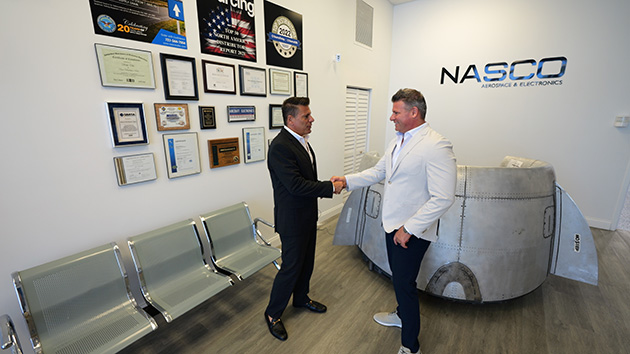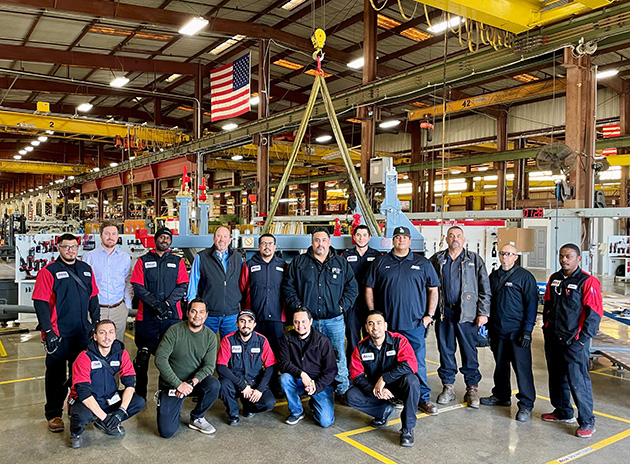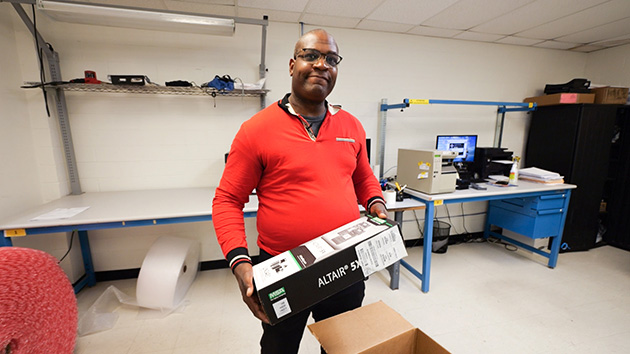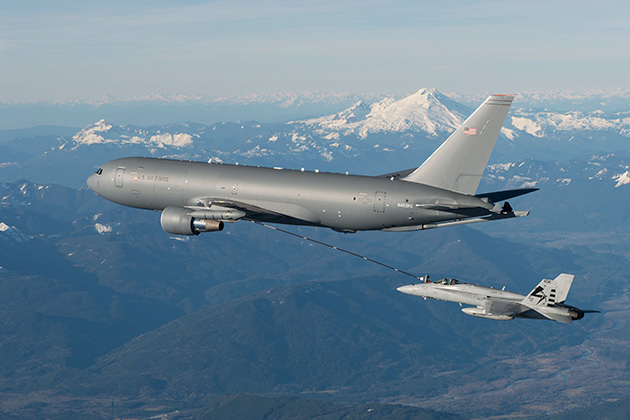More than 37,000 American workers and 650 small businesses in 43 states supply the thousands of components needed to build the KC-46A Pegasus. From Huntington Beach, California, to St. Petersburg, Florida, each worker and each business can take pride in fueling the global mission for the service members who depend on them.
Filled with pride
“It always gives me goosebumps, every time,” said Gilles Aouizerat, CEO of California-based Pacific Component Xchange, when asked what his company’s role in supporting the program means to him. Aouizerat founded his small business out of his parents’ spare bedroom 30 years ago.
“There is nothing better that I can do,” concurred Jean Petoia, a quality assurance engineer for Florida-based Sensor Systems, which makes a pressure sensor for the tanker’s refueling boom. “We are a part of the country’s process, progress and standing in the world.”
“We all take a personal pride to knowing that we're supporting the warfighter and making sure that they come home safely,” said Frank Bagnasco, co-founder of Nasco Aerospace and Electronics. Frank and his younger brother, Rick, operate their small business of about 100 employees in a Historically Underutilized Business Zone, or HUBZone, in St. Petersburg, Florida.



